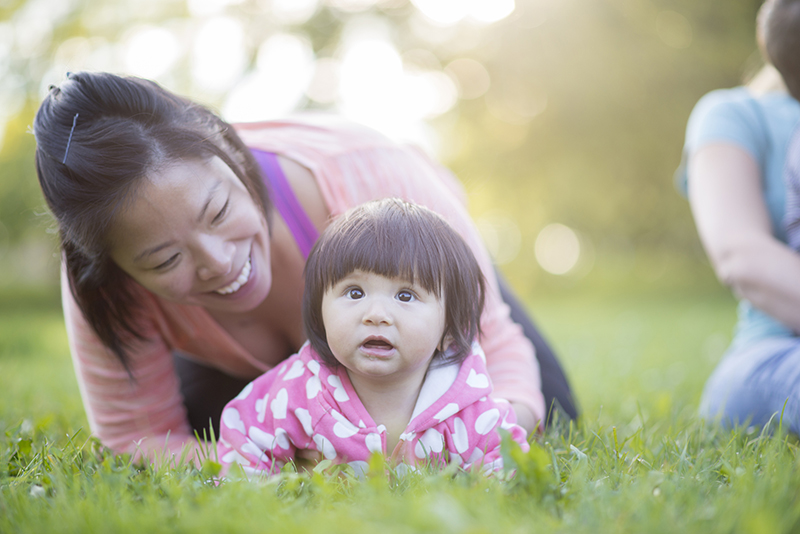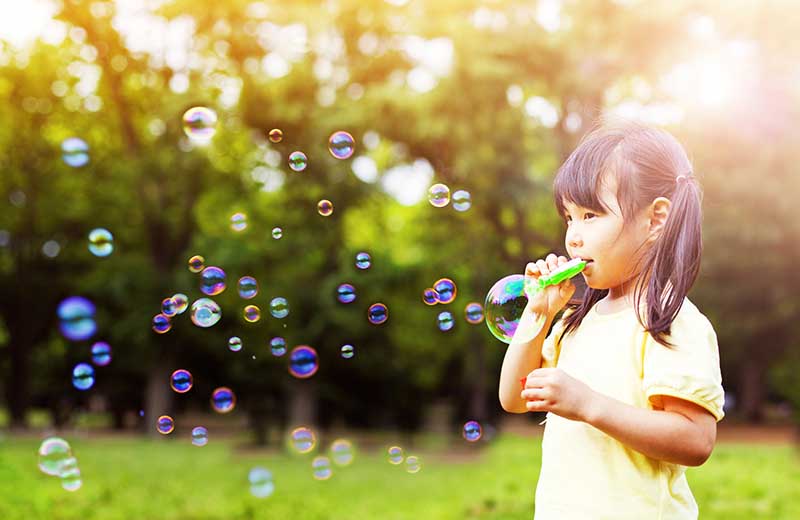Families For Life | Emotions and Play: Babies

Your baby often expresses and learns about emotions through play. Here are some play ideas for helping your child express feelings and explore the world around him.
Baby play: why it's important for emotional development
Play is the natural way that babies learn and develop. It’s important for all areas of development, including emotional development.
Babies are only just starting to learn about their emotions and how to express them. Play gives them a chance to explore, express and communicate feelings like happiness or frustration.
Learning about emotions through play lays the foundation for understanding and managing emotions later in childhood. This is good for your child’s self-regulation, behaviour and relationships.
You have a key role in your baby’s play and development. That’s because play for babies is mostly about back-and-forth interactions with you – it’s not all about toys. Just making faces with you is a game for your baby. And as you gaze into each other’s eyes, you build and strengthen your bond with your baby too.
What to expect from baby emotions
Your baby is likely to:
laugh aloud at 2-4 months
recognise different facial expressions from about 4 months
develop a fear of strangers and be more anxious with new people from about 5-6 months
show signs of separation anxiety from 6-7 months, even when you just walk out of a room in your own home
give loving cuddles from 10 months
Play ideas to encourage baby emotions
Here are some play ideas to help your baby explore and express emotions:
Make music with your baby. Musical play like singing or making sounds with toys or simple instruments can help children let their emotions out.
Try messy play. Babies can express their emotions with sand, mud, paints and other gooey substances. For example, your baby can slap mud around happily, or slosh water angrily.
Use puppets or toys to explain simple emotions. For example, you can use puppets or toys and say things like ‘The car is happy because the bus is going for a drive with him’ or ‘The mouse is sad so the cat will give her a cuddle’.
It’s a good idea to follow your baby’s lead when it comes to play. This is because babies learn and develop best when they’re interested and enjoying themselves.
When to seek help for baby emotions
For most children, development happens in the same order, but skills might develop at different ages, even for children in the same family. Differences among children are usually nothing to worry about.
But you might want to seek advice from your General Practitioner (GP) or paediatrician if:
your baby regularly turns their face away from you and won’t look into your eyes
your baby’s feelings are difficult to understand
your baby’s feelings don’t seem right for the situation
your baby rarely uses emotional expressions to communicate feelings – for example, your baby doesn’t show you when they’re happy or sad.
© raisingchildren.net.au, translated and adapted with permission
Explore more

DID YOU KNOW?
Play is a great relationship builder. Spending time playing with your child sends a simple message – you are important to me. Help your child learn about who she is and where she fits in the world.
READ MORE